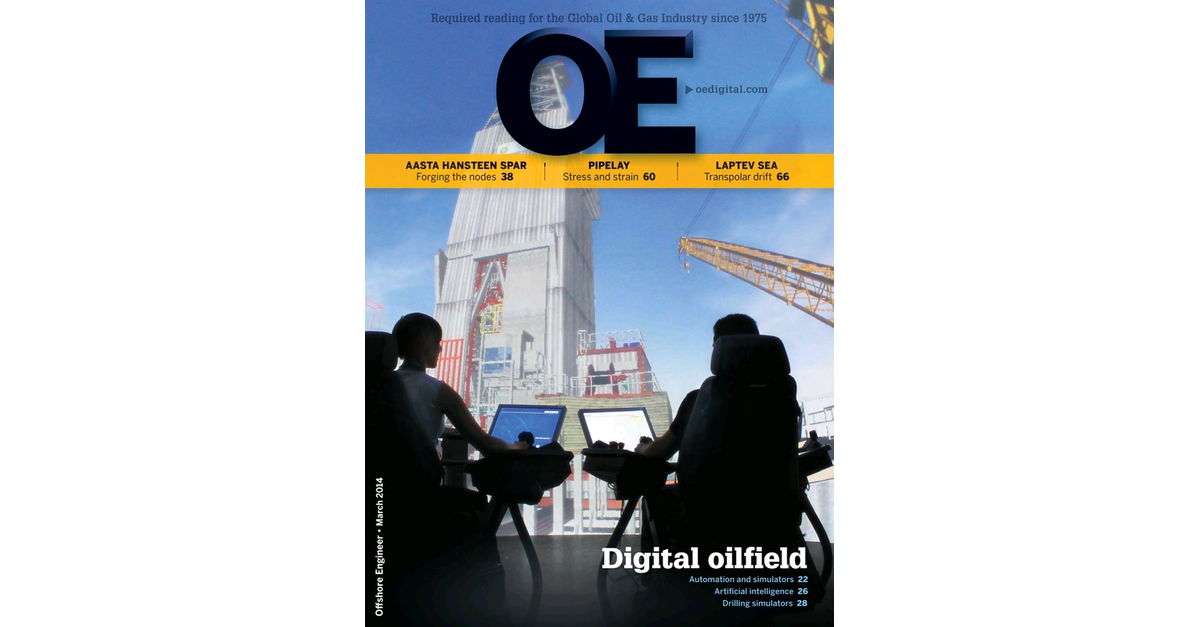
Guilty plea, and also from the record of the PCR hearing. Is determined from both the record made at the time of the entry of the Specifically, the voluntariness of a guilty plea is not determined byĪn examination of a specific inquiry made by the sentencing judge alone, but When determining issues relating to guilty pleas, this Court willĬonsider the entire record, including the transcript of the guilty pleas and theĮvidence presented at the PCR hearing. The State argues the record does not support the PCR court's finding that Respondent's guilty plea was involuntary.
#Colloquy in court trial
Whether the PCR judge erred in finding the Respondent's guilty plea was involuntary where the sentencing judge failed to inform the Respondent that the trial court did not have to sentence him to a 15 year concurrent term as suggested by the negotiated plea agreement? Was no evidence to support the PCR court's finding that Respondent

Respondent's sentence at the close of the plea hearing. Not question Respondent to determine whether he understood that the trialĬourt did not have to sentence him to a fifteen year concurrent sentence inĪccordance with the terms of his negotiated plea and (2) Respondent's attorney was ineffective for not asking the sentencing judge to reconsider The PCR judge ordered that PCR be granted and the case remanded for a new trial because: (1) the trial judge did The PCR judge found that Respondent believed a guilty plea would assure

Respondent wants a new trial on all offenses in hopesĪfter an evidentiary hearing, the PCR court granted Respondent relief. Sought PCR because the 15 year consecutive sentence, suspended adversely affected Year sentence suspended with five years probation, consecutive. Instead of receiving the negotiated plea,ġ5 years concurrent, Respondent received concurrent sentences and one 15 Respondent claims he thought the plea negotiations were binding on the court and he was unaware that the sentencing judge could deviate from these negotiations. He claimed his guilty plea was not entered into voluntarily, knowingly, and intelligently because he was under the impression he would get concurrent On June 28,1996, Respondent filed an application for PCR alleging he did not have a clear understanding of the consequences of his guilty plea. Respondent did not appeal his guilty plea or. The plea judge sentenced Respondent to concurrent terms. Probation, consecutive and fifteen years, concurrent. Of breaking into a motor vehicle and grand larceny, the plea judge sentenced Respondent to fifteen years fifteen years suspended with five years Was sentenced to confinement for a period of fifteen years. Respondent pled guilty to all indicted offenses and One count of second degree burglary, two counts of third degree burglary, and accessory to a felony. On April 23, 1993, Respondent pled guilty to seven counts of grand larceny, three counts of breaking into a motor vehicle and grand larceny,

TOAL, A.J.: The State appeals the post-conviction relief ("PCR") court's order granting Lavonne Roddy, Jr. Yarborough, III, of Ashmore & Yarborough, PA, of Greenville, for respondent. McIntosh, Assistant Deputy Attorney General Teresa A. Condon, Chief Deputy Attorney General John W.


 0 kommentar(er)
0 kommentar(er)
